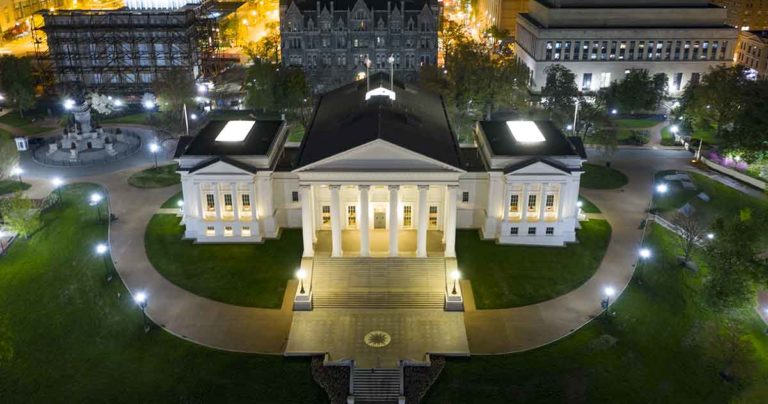
Although Virginia did legalize recreational marijuana this year, they did not cover resentencing for marijuana prisoners.
The next session is coming up in 2022 and the governor is urging lawmakers to look at how previous and current convictions would work with the new legalization.
On July 1, it will be legal to grow and possess marijuana for Virginians. But people that are serving jail and prison sentences related to marijuana charges will remain behind bars. According to legislation passed by the General Assembly earlier this month.
Originally, some lawmakers considered including a provision that would have granted resentencing hearings to people incarcerated on specific marijuana charges. Unfortunately, it didn’t make it into the final bill.
Sen. Louise Lucas co-sponsored the legislation. The senator talked about the issue of having people sitting in jail for something that is already legal. “It makes no sense to me,” Lucas said.
Democrats who worked on the legislation said they could not agree on resentencing. They said that with an accelerated timeline and the complexity of the issue it just didn’t make it into the final bill.
The legalization bill followed a long path through the General Assembly, in the final days it nearly failed due to disagreements between the House and Senate. The compromise both chambers found was delaying the end of prohibition until 2024. Thus, sending the bill to the governor.
But Northam responded by returning the legislation to lawmakers with amendments to speed up the legalization of simple possession. As well as allow people to grow marijuana plants at home.
Criminal Penalties for Marijuana
While sales remain illegal until 2024, when the regulated market opens, Governor Northam’s amendments relaxed some criminal penalties surrounding marijuana. People with more than one ounce of marijuana will face a $25 civil infraction.
Also, people caught growing more than the permitted number of plants will face lighter penalties. Ranging from a $25 fine to a misdemeanor. But felony penalties will kick in for people growing more than 50 plants.
It is not clear how many imprisoned people are currently serving time on marijuana charges would have faced lesser penalties under the new law. But the Virginia Criminal Sentencing Commission suggests the number is not insignificant.
Over two years ending July 1, 2020, over 1,000 charges were brought against people with the distribution of more than a half-ounce and less than five pounds of marijuana. This charge will soon be subject to only minor penalties.
Around 500 people of the 1,000 charges ended up serving a median of three months in jail. But another 17.5 percent were sentenced to prison, serving a median of 1.7 years. 40 people growing large amounts of marijuana were charged. Half were given six-month jail sentences, but 7.5 percent were sentenced to a median of 10 years in prison.
What Went Wrong?
In the original legalization proposal, the governor included language granting resentencing hearings to people imprisoned on marijuana charges. Granted that they did not have more than five pounds or sold to a child.
Lawmakers in both the House and Senate did not spend any time discussing it during the session. They thought marijuana would be would not be legal until 2024. Instead, they spent their time discussing provisions governing how marijuana would be sold, regulated, and taxed.
“The discussion didn’t arise until the very end of our conversations and at that point, we didn’t really have a lot of time to look into it,” Sen. Scott Surovell said. “Just given that it hadn’t really been publicly vetted very carefully, I think there was concern about pulling the trigger on it without knowing the full implications.”
Advocates spoke out, saying that they were disappointed criminal law took somewhat of a backseat to commercial considerations among lawmakers. A big complaint is that the state will be spending money to continue the incarceration of individuals for a substance the state has decided is now legal.
The legalization bill does include provisions that within the next five years will begin to automatically seal records of past marijuana misdemeanor charges. It will also allow people charged with more serious offenses to petition a judge to have them expunged.
Make sure to check back for more cannabis and hemp related news.